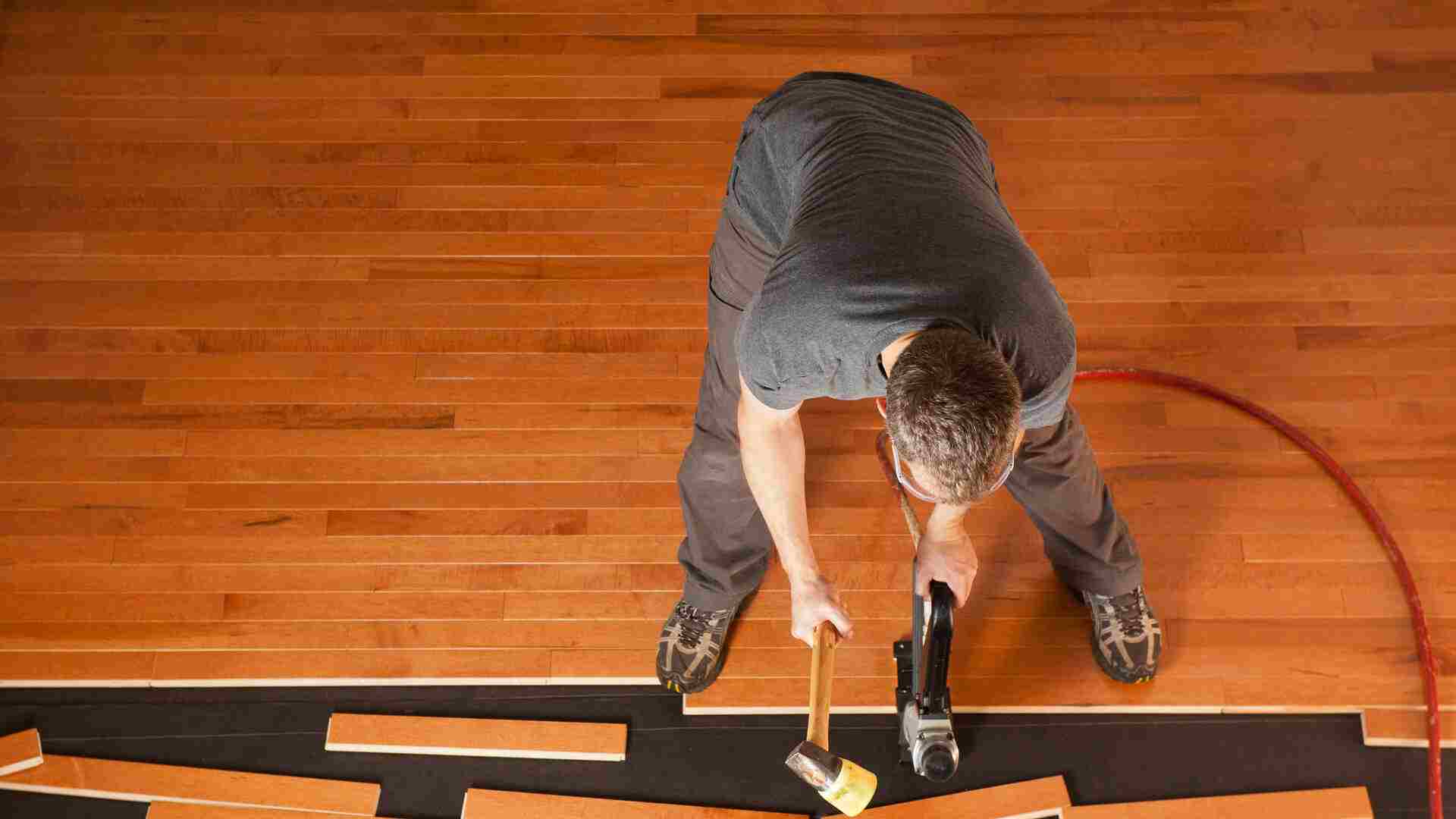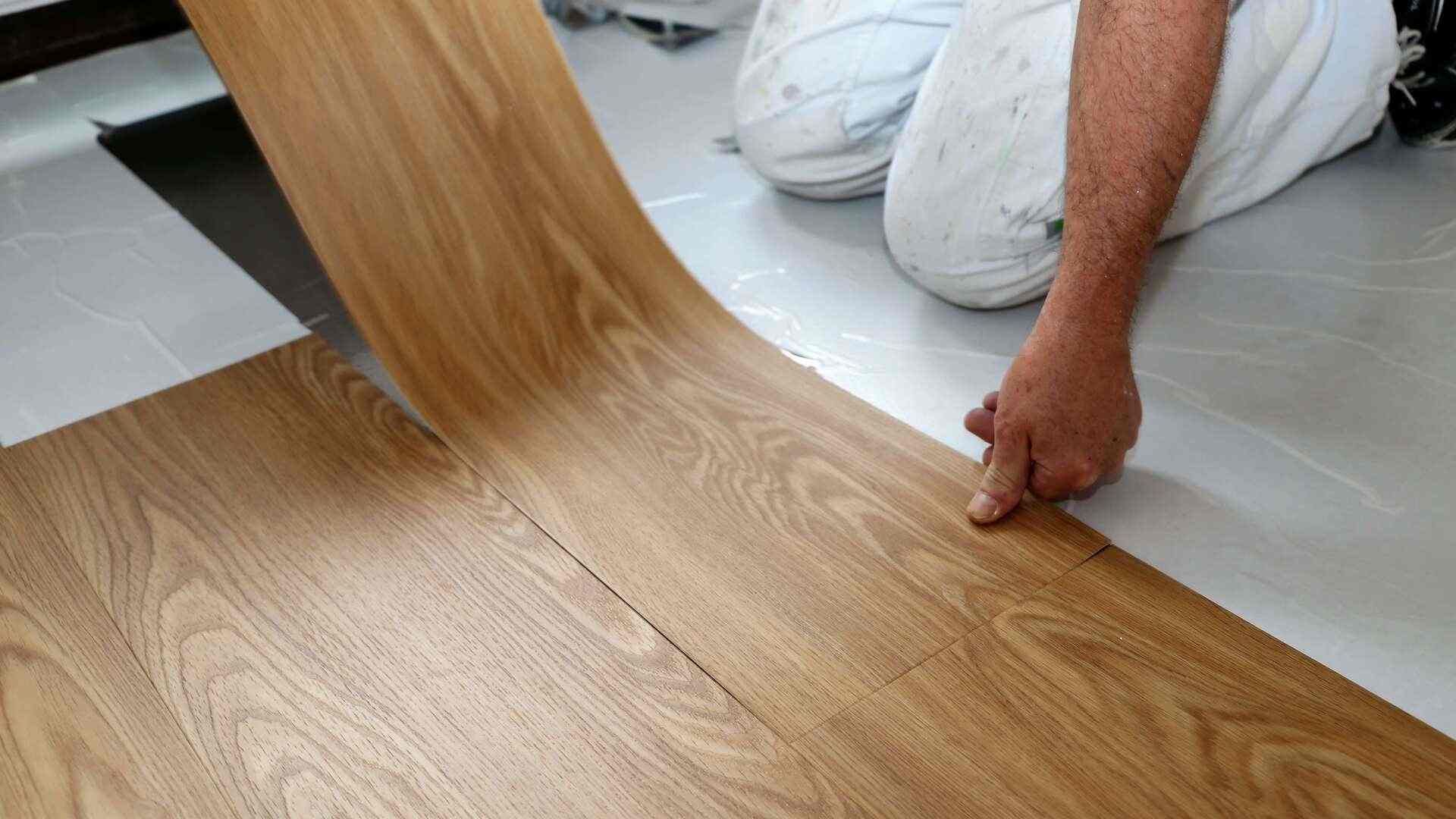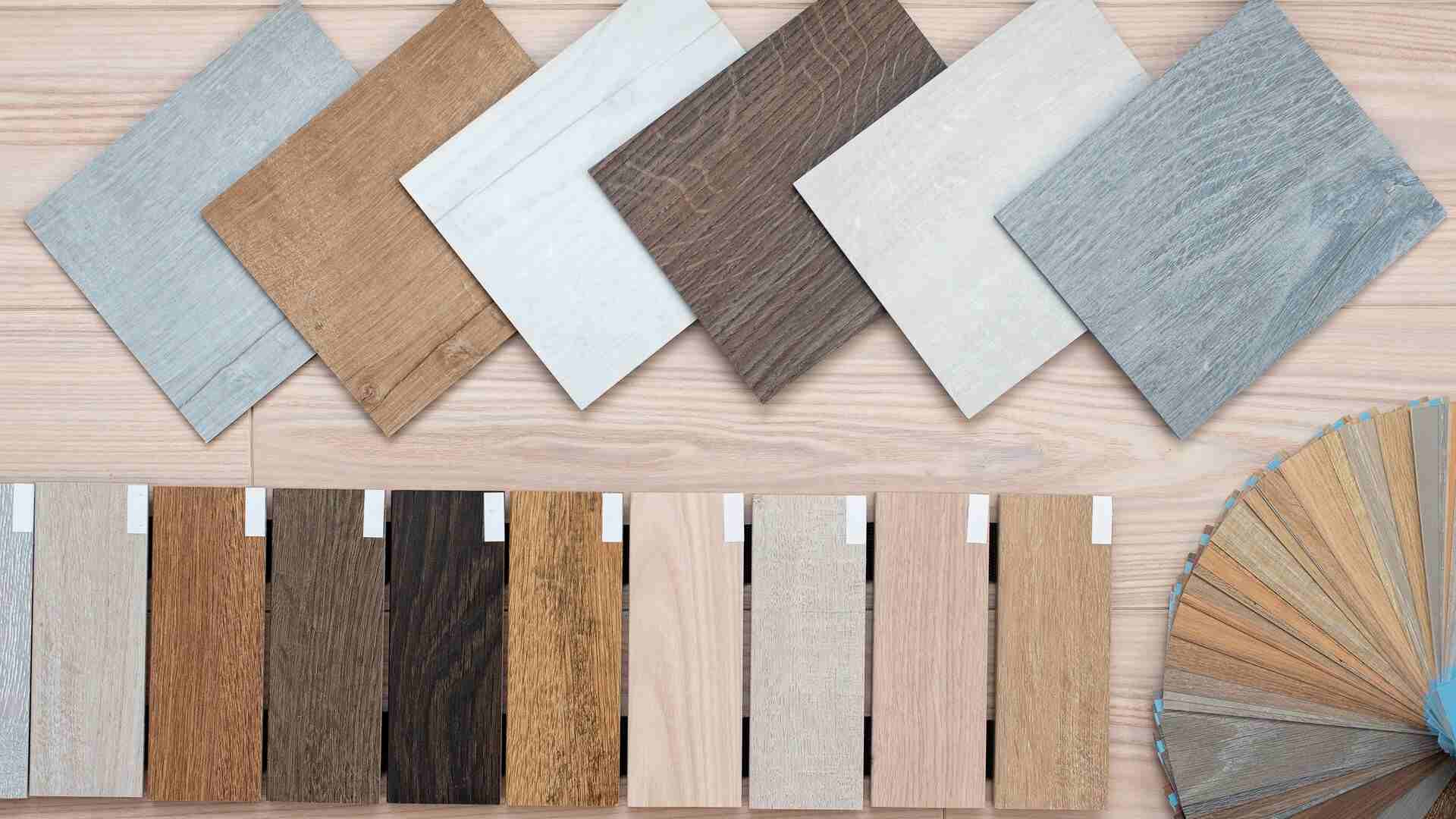Table of Contents
Introduction
Choosing the right flooring for your home is a crucial decision that can impact the aesthetic, comfort, and value of your space. Two popular options among homeowners are hardwood and vinyl flooring. Each has its unique set of advantages and disadvantages, making them suitable for different needs and preferences. In this article, we’ll explore the pros and cons of both hardwood and vinyl flooring to help you make an informed decision.
Hardwood Flooring
Pros:
Aesthetic Appeal: Hardwood flooring is renowned for its timeless beauty and elegance. It adds warmth and a sense of luxury to any room. The natural grain patterns and variations in color make each plank unique, enhancing the overall character of your home.
Durability and Longevity: When properly maintained, hardwood floors can last for decades, often outlasting other types of flooring. They can be sanded and refinished multiple times, allowing you to restore their original beauty even after years of wear and tear.
Increased Home Value: Hardwood flooring is a desirable feature that can increase the resale value of your home. Prospective buyers often prefer homes with hardwood floors, making it a worthwhile investment.
Environmental Impact: Hardwood is a natural and renewable resource. Choosing sustainably sourced hardwood can minimize environmental impact, making it an eco-friendly option.
Cons:
Cost: Hardwood flooring is generally more expensive than vinyl. The cost of materials, installation, and maintenance can add up, making it a significant investment.
Maintenance: Hardwood floors require regular maintenance to keep them looking their best. They are susceptible to scratches, dents, and water damage. Spills must be cleaned promptly, and you may need to refinish the floors periodically.
Moisture Sensitivity: Hardwood is not ideal for areas prone to moisture, such as bathrooms and basements. Excess moisture can cause the wood to warp, swell, or develop mold.
Noise: Hardwood floors can be noisy, especially in high-traffic areas. They tend to amplify sound, which may require the use of rugs or soundproofing materials to mitigate noise.


Vinyl Flooring
Pros:
Affordability: Vinyl flooring is a budget-friendly option that offers a wide range of styles and designs at a fraction of the cost of hardwood. It’s an excellent choice for homeowners looking to achieve a stylish look without breaking the bank.
Durability: Vinyl is highly durable and resistant to scratches, dents, and stains. It can withstand heavy foot traffic and is ideal for households with pets and children.
Water Resistance: One of the standout features of vinyl flooring is its water resistance. It’s suitable for all areas of the home, including bathrooms, kitchens, and basements, where moisture is a concern.
Easy Maintenance: Vinyl floors are easy to clean and maintain. Regular sweeping and occasional mopping are usually sufficient to keep them looking good. They do not require refinishing like hardwood.
Comfort: Vinyl flooring has a softer and warmer feel underfoot compared to hardwood. Some vinyl options come with added cushioning layers, providing extra comfort and reducing noise.
Cons:
Aesthetic Limitations: While vinyl flooring has come a long way in mimicking the look of natural wood, it still lacks the authentic beauty and texture of real hardwood. Close inspection may reveal its synthetic nature.
Longevity: Vinyl flooring, while durable, does not last as long as hardwood. It may need to be replaced after 10-20 years, depending on the quality and wear.
Environmental Impact: Vinyl is made from synthetic materials, which can be less environmentally friendly than natural hardwood. The production and disposal of vinyl flooring can contribute to environmental pollution.
Resale Value: Vinyl flooring may not add as much value to your home as hardwood. Some buyers may perceive it as a less premium option, which could influence their purchasing decision.


Conclusion
Both hardwood and vinyl flooring have their own sets of pros and cons, making them suitable for different situations and preferences. Hardwood offers unmatched beauty, longevity, and value but comes with a higher price tag and maintenance requirements. Vinyl, on the other hand, is affordable, durable, and easy to maintain, though it may lack the authenticity and lifespan of hardwood.
When deciding between hardwood and vinyl flooring, consider your budget, lifestyle, and the specific needs of each room in your home. By weighing the advantages and disadvantages of each option, you can choose the flooring that best fits your style and practical requirements.
Our Services
At Design Center East, we offer a comprehensive range of kitchen remodeling services tailored to meet your specific needs and desires. From luxurious countertops to custom cabinets, eco-friendly flooring solutions, and state-of-the-art appliances, we ensure every detail reflects your personal style while maximizing functionality.
When it comes to adding elegance, comfort, and safety to your staircase, stair runners are an unbeatable choice.
In the world of home improvement and interior design, the term “floating floor” has become increasingly popular. Unlike traditional flooring installations that are nailed or glued down, floating floors are designed to lay over a subfloor or existing flooring without being directly attached.